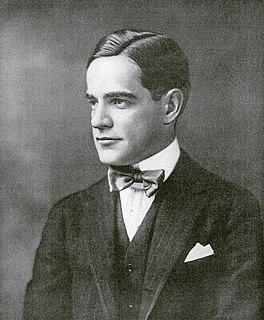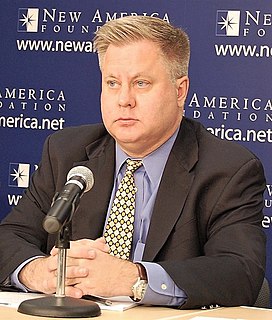A Quote by Winston Churchill
It is in the interest of the wage-earner to have many other alternatives open to him than service under one all-powerful employer called the State
Related Quotes
If a market exists for low-paid work, then we should think about how we can make this type of work more attractive by providing government assistance. Of course, the wage-earner must be able to live off of his wages. We will not allow poverty wages or dumping wages. But the wage earner can receive a combined wage that includes both his actual wages and a government subsidy.
Regardless of the gender of the highest wage earner, the balance of power in the relationship will suffer if the higher earner uses control of the purse strings as a system of reward and punishment. It will also suffer if the lower earner takes a chippy, haughty attitude to spending money they haven't actually generated themselves.
What the carburetor, sparkplug and self-starter are to an automobile, initiative, private enterprise and executive ability are to industry as a whole, including the wage earner, wage payer, wage spender and wage saver, i.e., the investor. If the sparkplug and self-starter get out of commission, the car will come to a standstill.
Minimum wage laws tragically generate unemployment, especially so among the poorest and least skilled or educated workers... Because a minimum wage, of course, does not guarantee any worker's employment; it only prohibits, by force of law, anyone from being hired at the wage which would pay his employer to hire him.
Much of the present difficulty in industrial relations arises from the fact that too many employers as well as too many legislators take the Labor Leader more seriously than he deserves to be taken, while taking the ordinary, everyday, middle-of-the-road wage-earner less seriously than he deserves to be taken.
No Congress of the United States ever assembled, on surveying the state of the Union, has met with a more pleasing prospect than that which appears at the present time. In the domestic field there is tranquillity and contentment, harmonious relations between management and wage earner, freedom from industrial strife, and the highest record of years of prosperity.
The old freedom sufficiently survives in the mind of the wage earner to give him the illusion that, while accepting insurance and maintenance from the capitalist state, he can still be a full citizen. He thinks he can have his cake and eat it too. He is mistaken. The great capitalists who procured these regulations from the politicians knew what they were at. They were catching their proletariat in a net, and now they hold it fast.
Since it is to the advantage of the wage-payer to pay as little as possible, even well-paid labor will have no more than what is regarded in a particular society as the reasonable level of subsistence. The lower ranks of labor will commonly have less, and if public relief were afforded even up to the wage-level of the lowest ranks of labor, that relief would compete in the labor market; check or dry up the supply of wage-labor. It would tend to render the performance of work by the wage-earner redundant.
Assuming that a tax increase is necessary, it is clearly preferable to impose the additional cost on land by increasing the land tax, rather than to increase the wage tax - the two alternatives open to the City (of Pittsburgh). It is the use and occupancy of property that creates the need for the municipal services that appear as the largest item in the budget - fire and police protection, waste removal, and public works. The average increase in tax bills of city residents will be about twice as great with wage tax increase than with a land tax increase.








































